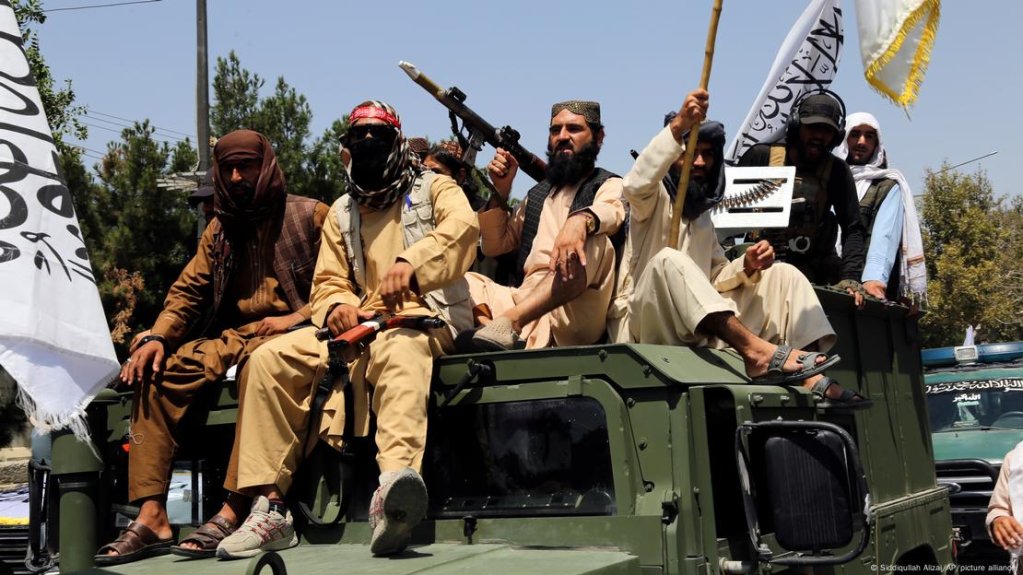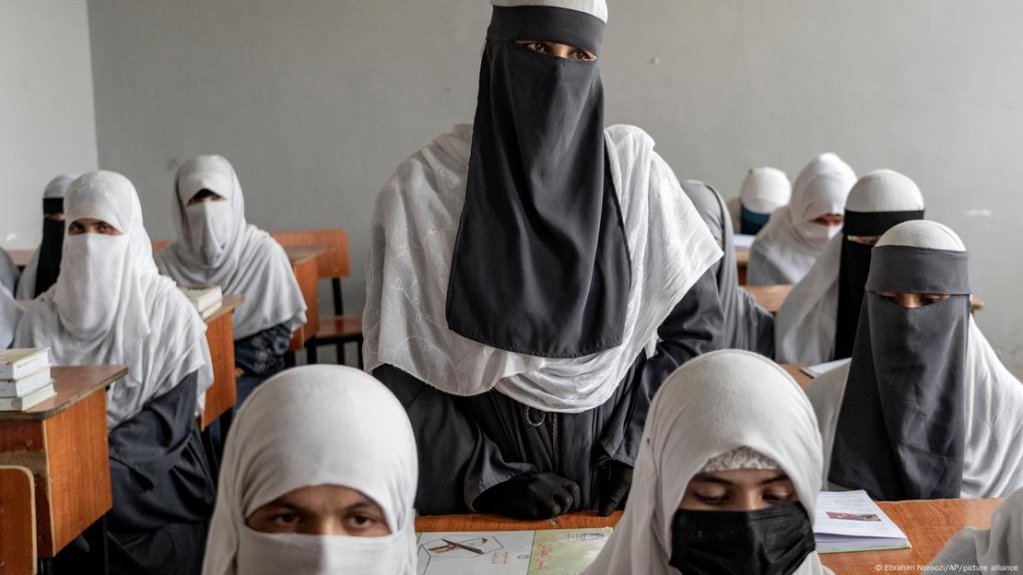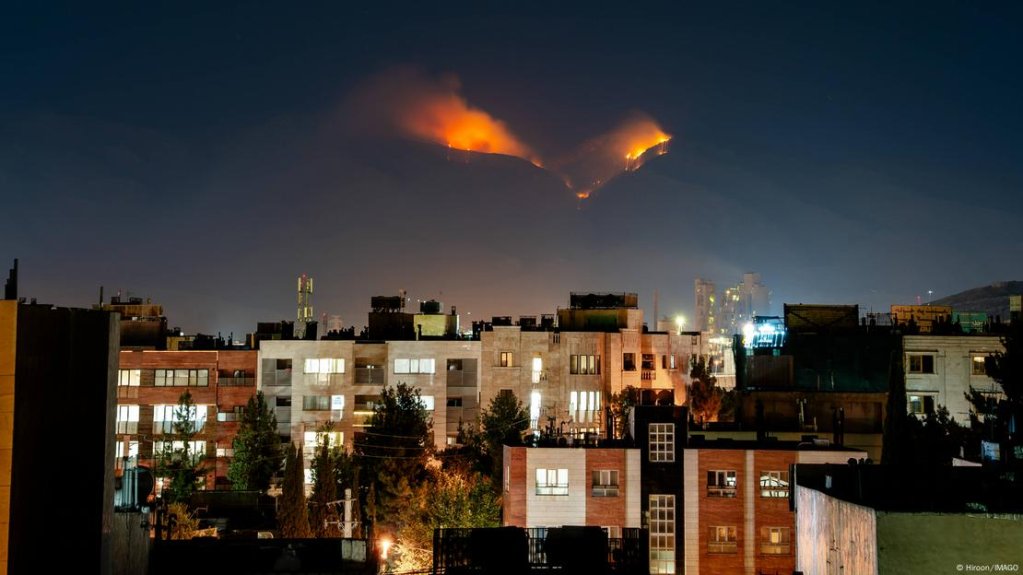The UN has expressed concern over thousands of Afghan refugees returning to their home country in the face of military attacks on Iran. They stressed that Afghanistan remains unstable to come back to, and that both local authorities and international partners were unprepared to aid those making the journey back.
Rosa Otunbayeva, the UN Special Envoy for Afghanistan, told the UN Security Council in New York on Monday (June 23) that over 10,000 people a day "have returned from Iran alone in recent days," stressing that UN organizations were preparing for even more returnees "[i]n view of the worrying developments in the region."
Otunbayeva said that communities and authorities in Afghanistan were making efforts to welcome the returnees.
"But without international support, there are limits to a safe, orderly and peaceful return," the UN envoy added.
Over half million people already forced to return
Joyce Msuya, the deputy head of the UN Office for Humanitarian Affairs (Ocha) added that in its own right, Afghanistan already lacks the resources to deal with the people who have returned so far this year from neighboring countries -- especially Pakistan and Iran.
The UN says that more than 600,000 Afghans have already had to return to their country of origin from those two countries since the beginning of the year, as immigration policies in both Iran and Pakistan have become far more restrictive.
Today, one in five Afghans is suffering from hunger while 3.5 million children are severely malnourished, Msuya said, adding that parts of the country are facing their fourth drought in five years.

Read AlsoVideo: Fear among Afghan refugees as Pakistan steps up deportations
One of the poorest countries in the world
Since the Taliban takeover of Afghanistan in August 2021, international aid organizations have increasingly been pushed out of the country, leaving many people in poverty and desolation under the leadership of an Islamist regime.
According to the UN’s World Food Programme (WFP), half of the population has since been in growing need of humanitarian aid, as Afghanistan remains one of the poorest countries in the world.
In recent years, many have fled the situation in their country, seeking refuge in neighboring Iran, which however has suffered great instability since Israel intensified airstrikes.

Read AlsoTrump orders affect thousands of Afghans in Albania
Iran-Israel war
Earlier in June, Israel launched a major attack on Iran to weaken its military capabilities.
With aerial support provided by the US this week, nuclear facilities and military installations in Iran have been under repeated bombardment for days, with a weak truce now in place for the time being.
The attacks over the past few days focused mainly on three Iranian nuclear facilities at Fordo, Natan and Isfahan.

Although official reports claim that Iran’s nuclear program has successfully been dismantled, people are bracing for further air strikes.
In the past few weeks, more than 600 people have been killed as part of the conflict, according to the Iranian Ministry of Health.
UN sources believe that close to 1,000 people may have died in total, with about a third believed to be military targets.
With the current rate of hostilities and uncertainties, many Afghans appear to find a return to their homeland a lesser evil.
